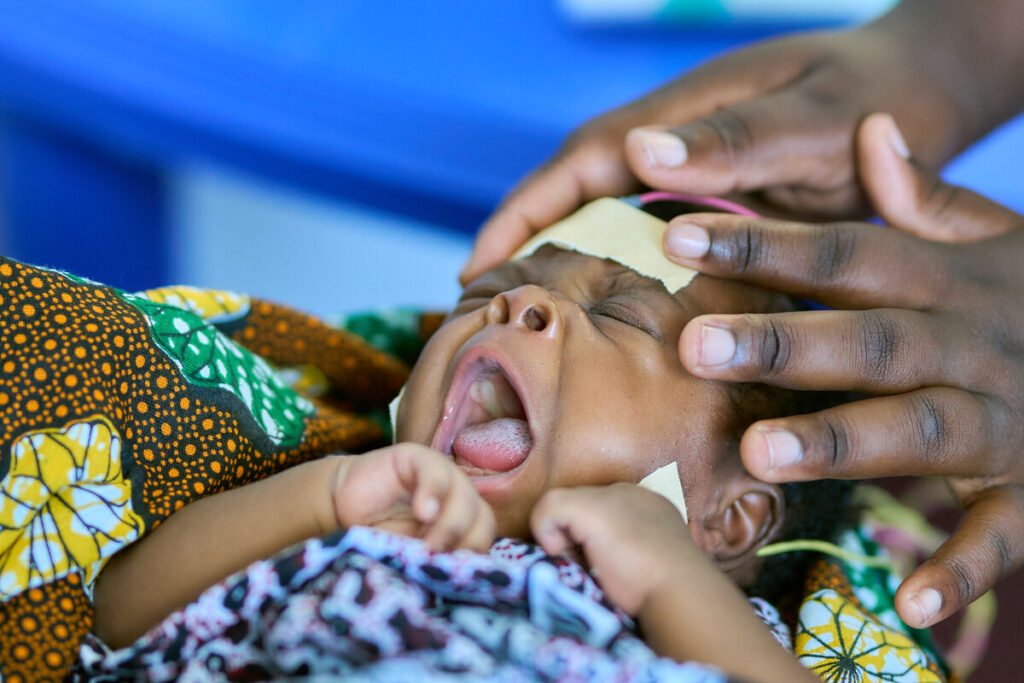A Journey towards inclusive ear and hearing care
3 March 2024
As we commemorate World Hearing Day 2024, it’s a poignant moment to reflect on the progress made and the journey ahead towards ensuring that ear and hearing care becomes a reality for all.
At the heart of this year’s World Hearing Day is a focus on overcoming societal misperceptions and stigmatizing mindsets through awareness-raising and information-sharing. This rings especially true when we consider that globally, over 80% of ear and hearing care needs remain unmet (WHO). This statistic is a sobering reminder of the urgent need for action.
One group particularly impacted by this lack of access is children with deafblindness.
Shockingly, aged 3-4 years old, children with deafblindness are only half as likely to be on track in their development goals as children with other disabilities. This underscores the importance of targeted interventions as early as possible to support their unique needs.
In Tanzania, where the absence of adequate health services exacerbates these challenges, we at Sense International are striving to make difference. Take, for instance, our Early Intervention programme in Temeke where so far:
- Nearly 32,000 children have been screened for deafblindness and complex disabilities.
- 245 children with deafblindness or other complex disabilities have been identified and are receiving direct support.
- 88 health workers have been trained in sensory screening.
- 23 primary health centres and one hospital are now equipped with sensory screening and referral services.
- 69 parents/carers have been trained in the skills and knowledge to support their child’s development.
These numbers are more than just statistics; they represent transformed lives.
All of the children screened in this programme are aged five and under. The new professional audiometers allow even young babies to be tested for hearing loss. Being identified and supported early helps infants with deafblindness or hearing loss stay on track with their development milestones.

“We encouraged each other, shared experiences on how to raise our children and the challenges we face, it has been a good journey.”
Moreover, the support extends to parents and carers, who often face misinformation and isolation. Through these services, they have found a supportive community where experiences are shared, challenges are addressed, and journeys are navigated together.
This work would not be possible without the generous support of organisations like CareTech Foundation who are supporting us to provide sight and hearing screening for 86,000 children in Tanzania.
As we celebrate World Hearing Day, let’s continue to advocate for inclusive ear and hearing care, ensuring that no one is left behind. Together, let’s champion a future where ear and hearing care are not just aspirations but fundamental rights.
